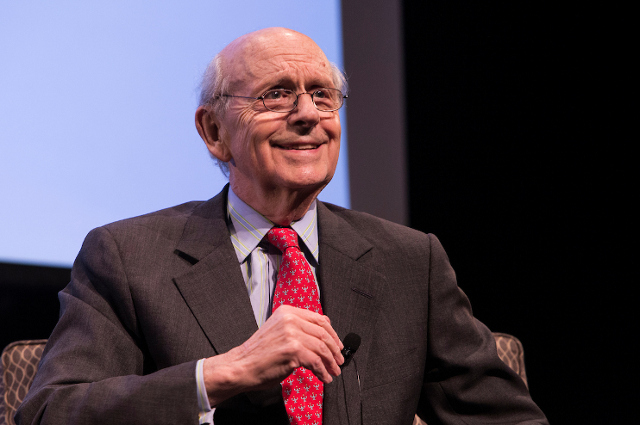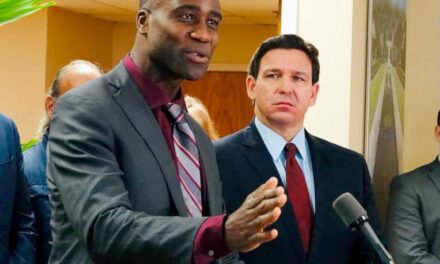The Supreme Court, in a 7-2 decision, upheld the constitutionality of the Affordable Care Act. Technically, they side-stepped the question by finding that the plaintiffs did not have standing to sue, but the effect is the same. The law will remain on the books and 21 million Americans who might have lost their health care coverage overnight can now go to bed secure in their minds.
The case, California v. Texas, rode to the country’s top court through a district court in Texas and the very conservative United States Court of Appeals for the Fifth Circuit. But it ran into a buzzsaw once it reached Washington DC. Only Justices Samuel Alito and Neil Gorsuch dissented from the ruling, meaning that Trump appointees Brett Kavanaugh and Amy Coney Barrett voted to protect Obamacare. Perhaps most surprisingly, even Clarence Thomas sided with the majority, although he did write a concurring opinion indicating that he didn’t fully agree with the majority’s reasoning.
In 2012 Chief Justice Roberts’ ruled that Congress has the right to impose a mandate to buy insurance because they are authorized to levy taxes. But in 2017, Congress eliminated the mandate. The plaintiffs maintained that this rendered the entire law unconstitutional since it no longer includes a tax.
If that reasoning sounds a little strained, that’s because the logic doesn’t quite fit. But it was good enough for conservative lower courts and it might have worked at the Supreme Court too if the plaintiffs could have shown how they were injured by others getting health insurance.
The opinion was written by Justice Stephen Breyer whose retirement is the subject of much speculation. Since Chief Justice Roberts was in the majority, he got to assign the author of the opinion. Did he choose Breyer over a more conservative justice to give him a last hurrah?
Senate Minority Leader Mitch McConnell said this week that it is “highly unlikely” that he’d confirm a Biden replacement for Breyer if he returns to Majority Leader after the 2022 midterms.
In an interview with conservative radio show host Hugh Hewitt, McConnell was asked if he would give a Biden Supreme Court nominee “a fair shot at a hearing” if the person is “not a radical, but a normal mainstream mainstream liberal” if he became majority leader again.
“Well, we’d have to wait and see what happens,” McConnell said about the possibility of a 2023 Supreme Court confirmation hearing, the third year of Biden’s presidency.
Asked if he would fill a Supreme Court vacancy in 2024 with a Biden nominee, McConnell suggested he would follow the rule he used in 2016 when he blocked then-President Barack Obama’s high court nominee, Merrick Garland, after Justice Antonin Scalia’s death because it was an election year.
“I think in the middle of a presidential election, if you have a Senate of the opposite party of the president, you have to go back to the 1880s to find the last time a vacancy was filled. So I think it’s highly unlikely,” McConnell said Monday about the possibility of confirming a Biden nominee in 2024.
This obviously should focus Justice Breyer’s mind about the potential cost of staying on the bench next year. Publicly, at least, Breyer has been adamant that political considerations should not play a part in when Justices retire, but I presume he’s not a total idiot. He knows that a Biden nominee will be more aligned with his views than a Republican nominee, and he undoubtedly cares about the ideological makeup of the Court.
It’s possible that he’s already made a decision to retire and Roberts is aware of his decision and assigned him the California v. Texas opinion out of respect. I hope that’s what we’re seeing here, because I don’t want another fiasco like we saw after Antonin Scalia and Ruth Bader Ginsburg died.







